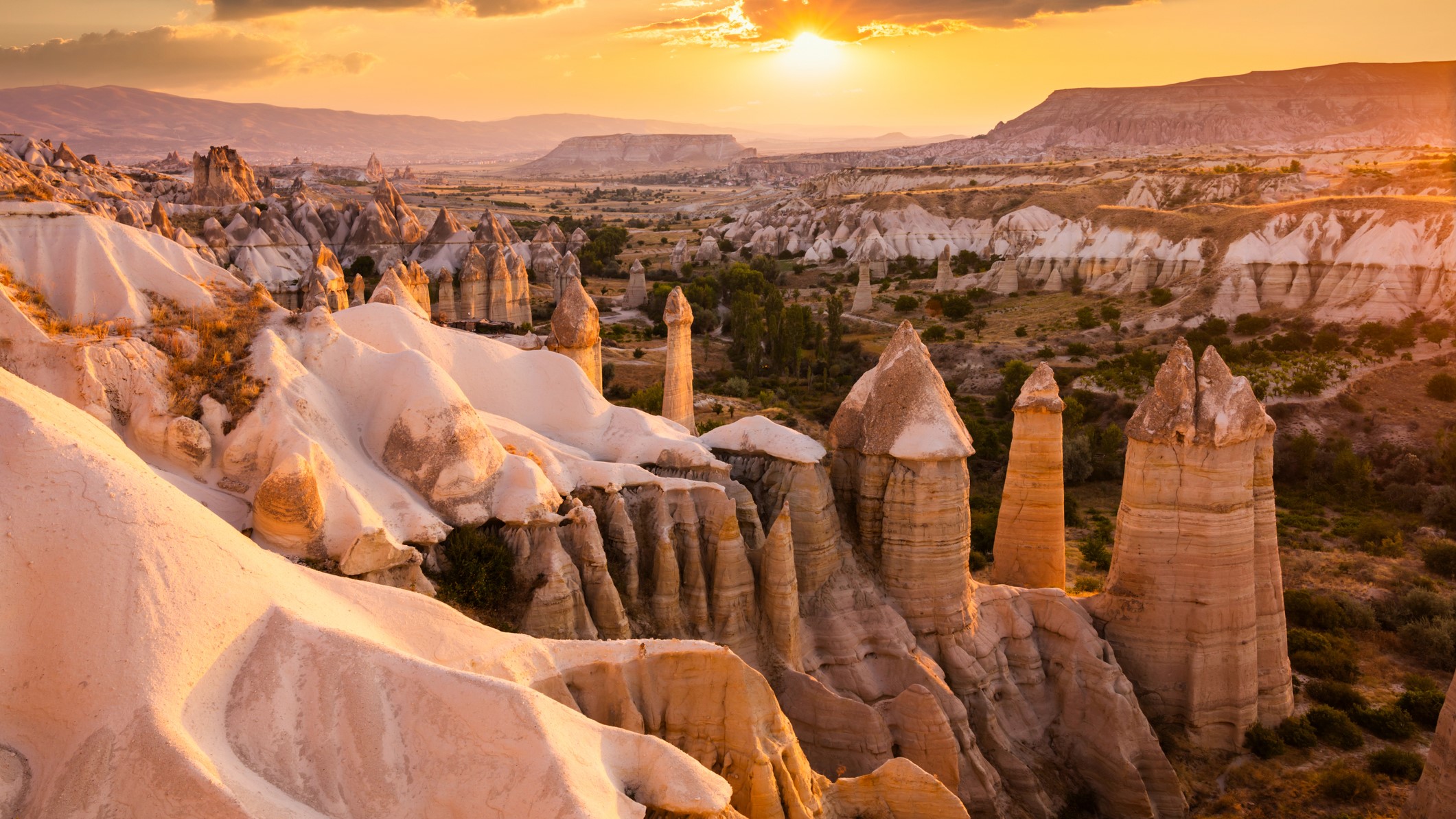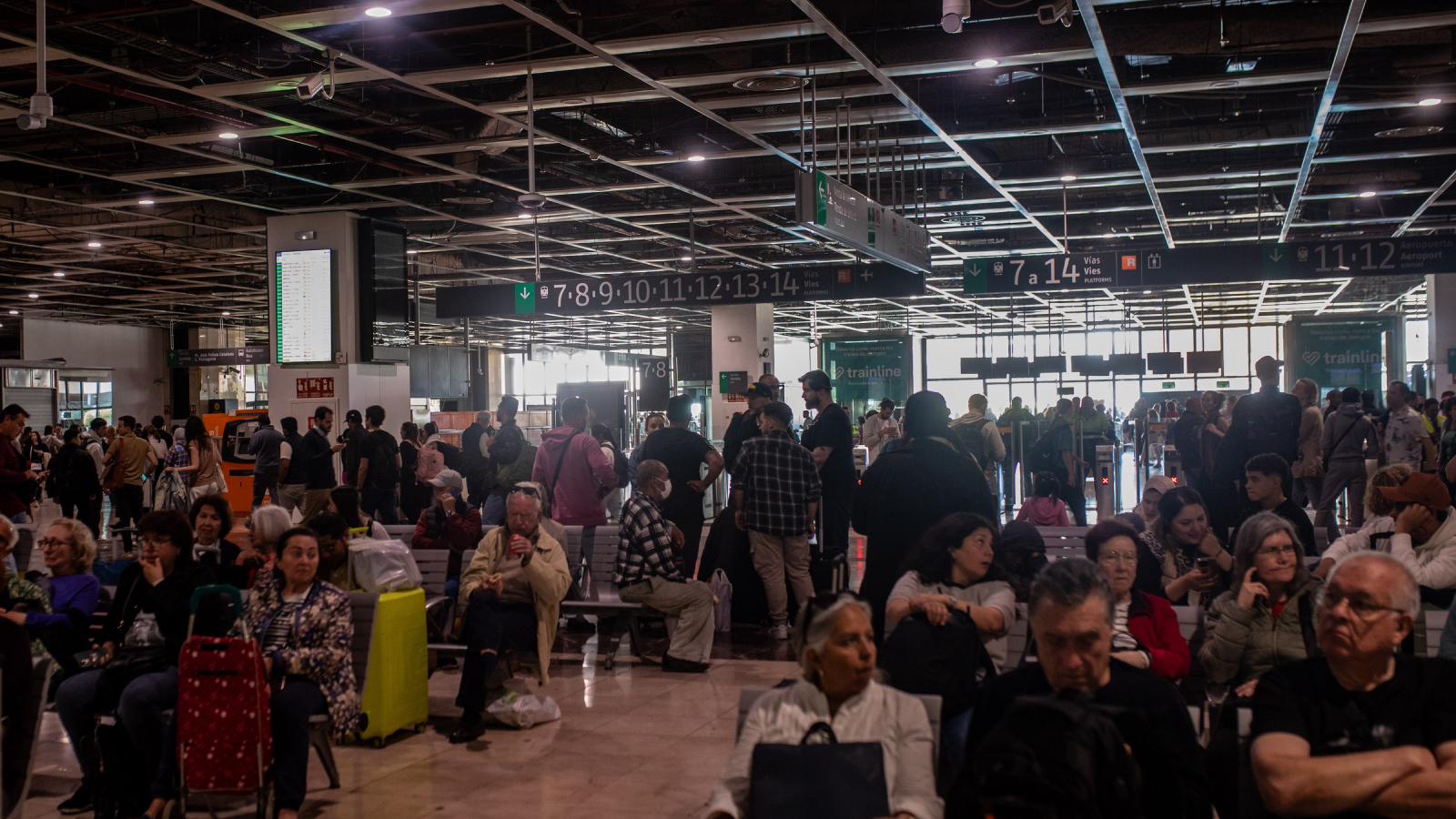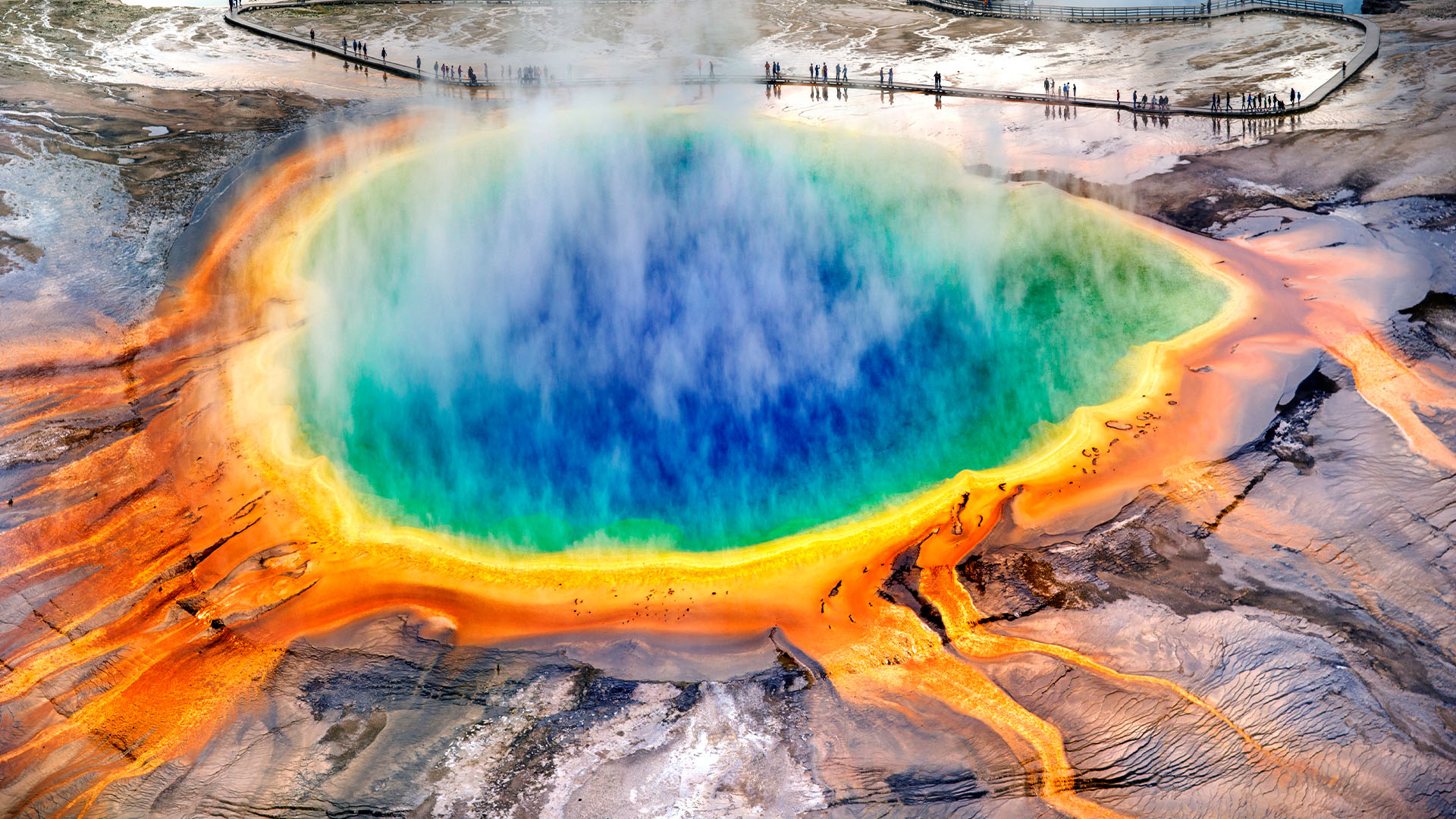Fairy Chimneys: The stone spires in Turkey that form 'the world's most unusual high-rise neighborhood'
Turkey's magical "fairy chimneys" in Cappadocia were carved out of an ancient volcanic landscape over millions of years before humans turned them into hiding dens.

Name: Fairy Chimneys
Location: Cappadocia, Central Anatolia, Turkey
Coordinates: 38.660576078243686, 34.81971335767199
Why it's incredible: Both the place and its name are straight out of a fairy tale
Turkey's "fairy chimneys" are natural yet surreal-looking spires up to 130 feet (40 meters) tall that were carved out of soft volcanic rock by the elements over millions of years. Thousands of these spindly chimneys are peppered across the Love Valley in Göreme National Park, forming a rocky wonderland that human civilizations have taken refuge in for nearly 4,000 years.
Volcanic activity that began roughly 14 million years ago laid the foundation for the jagged landscape we see today. A series of eruptions showered what is now Central Anatolia with ash, which solidified into thick layers of tuff — a type of light, porous rock. Subsequent explosions then coated the tuff with lava that hardened into a tough, basalt crust. The chimneys, technically called "hoodoos," formed over the eons as wind and water went to work on the rocks, wearing down the tuff and leaving behind only pillars. The basalt eroded more slowly, which is why many of the chimneys are capped with mushroom-like basalt tops to this day.
Related: Cave of Crystals: The deadly cavern in Mexico dubbed 'the Sistine Chapel of crystals'

Nature did the heavy lifting, but humans also helped to shape the fairy chimneys. The landscape is honeycombed with caves and tunnels dating as far back as the Hittites, who inhabited the area between 1800 and 1200 B.C., according to National Geographic. Central Anatolia later straddled the boundaries of rival empires — including the Greek, Persian, Byzantine and Roman empires — and frequent turmoil drove the region's residents to dig out hiding places among and beneath the spires. Christians fleeing persecution in ancient Rome even carved churches and monasteries out of the soft stone, expanding cave and tunnel networks into sprawling underground cities.
The density of living quarters hidden among the fairy chimneys is so vast it is "one of the world's most striking and largest cave-dwelling complexes," according to UNESCO. The agency inscribed Göreme National Park and the rock sites at Cappadocia on its list of World Heritage Sites in 1985.
The fairy chimneys have also been dubbed "the world's most unusual high-rise neighborhood" by National Geographic.
Discover more incredible places, where we highlight the fantastic history and science behind some of the most dramatic landscapes on Earth.
Sign up for the Live Science daily newsletter now
Get the world’s most fascinating discoveries delivered straight to your inbox.

Sascha is a U.K.-based staff writer at Live Science. She holds a bachelor’s degree in biology from the University of Southampton in England and a master’s degree in science communication from Imperial College London. Her work has appeared in The Guardian and the health website Zoe. Besides writing, she enjoys playing tennis, bread-making and browsing second-hand shops for hidden gems.









